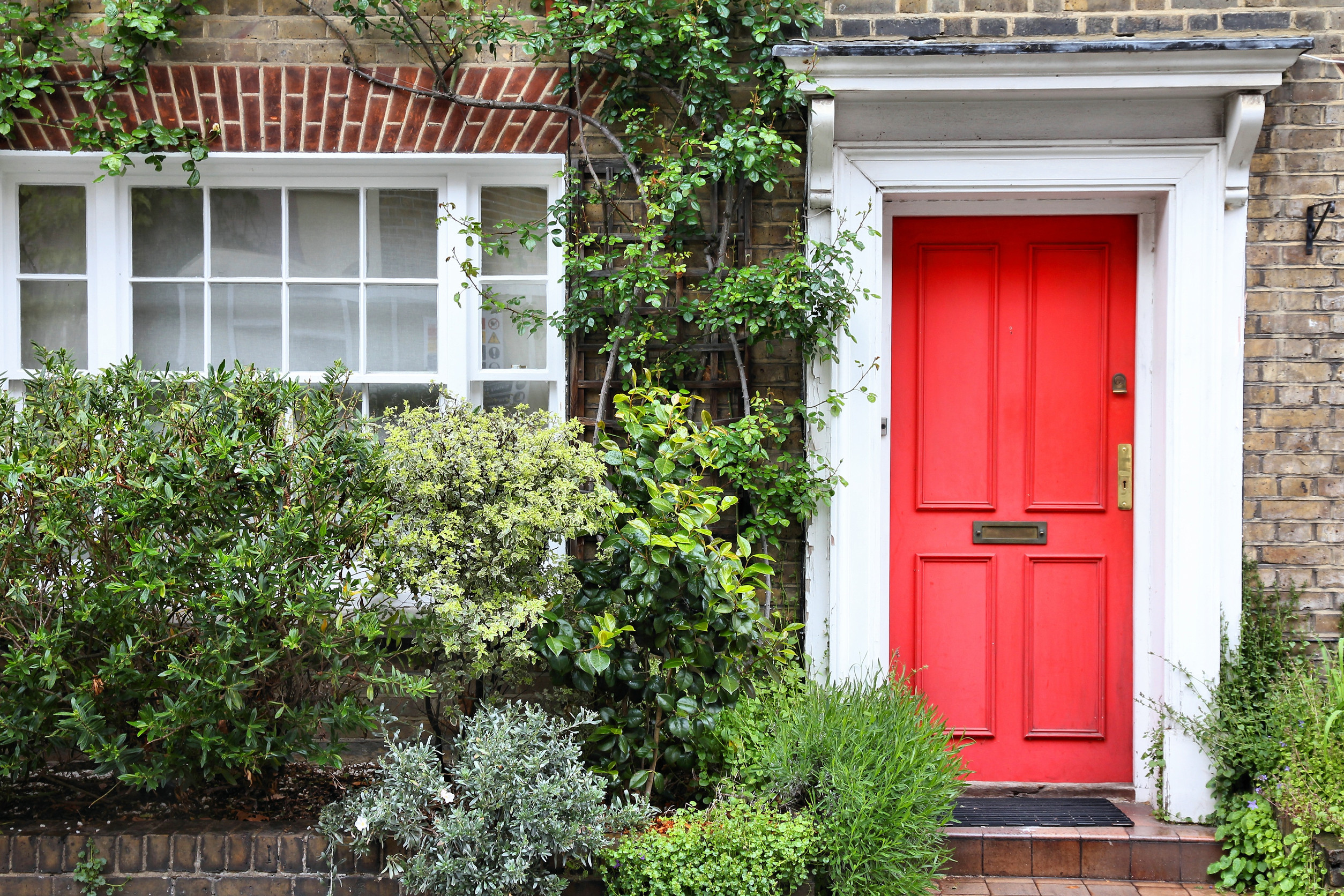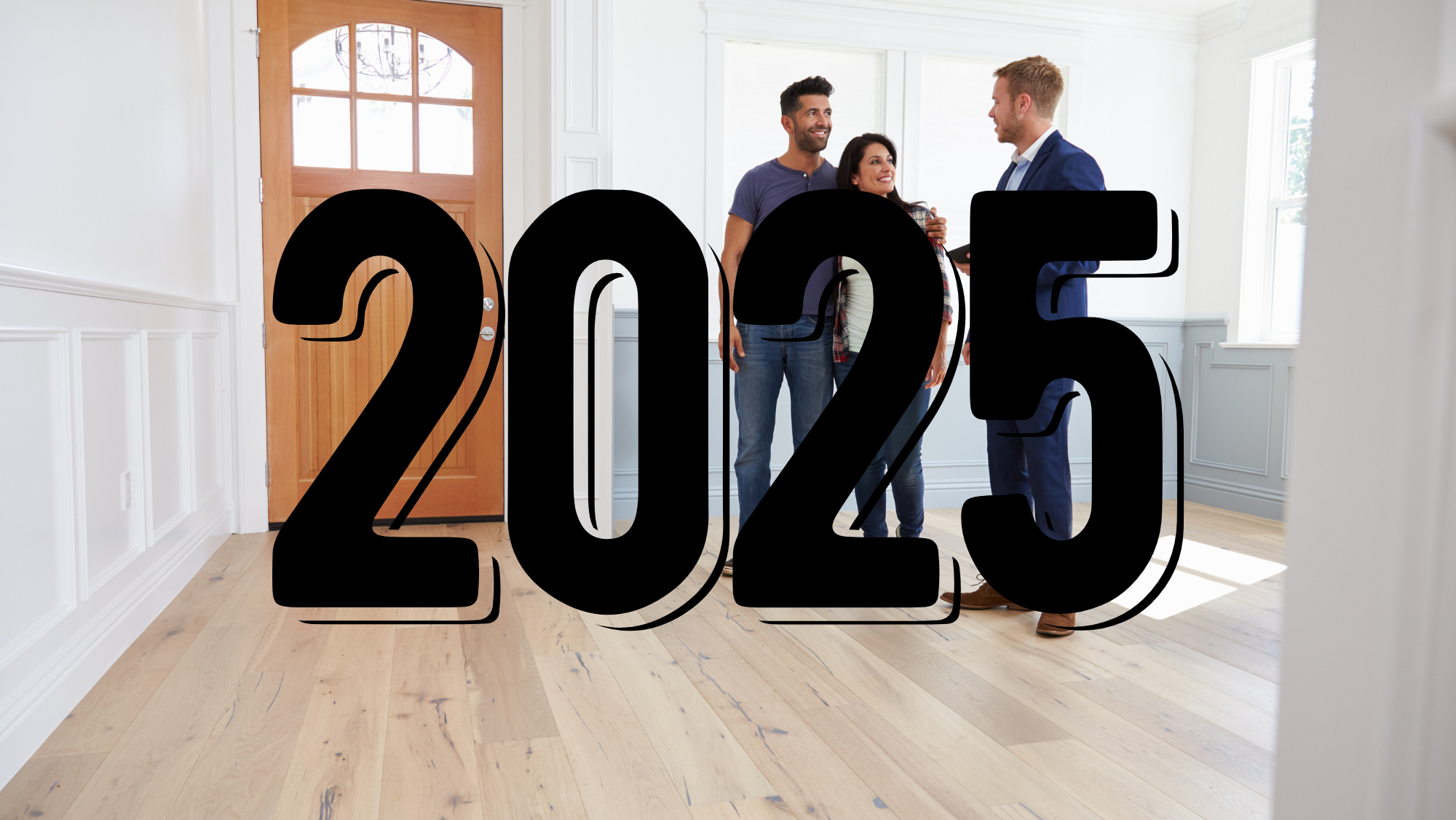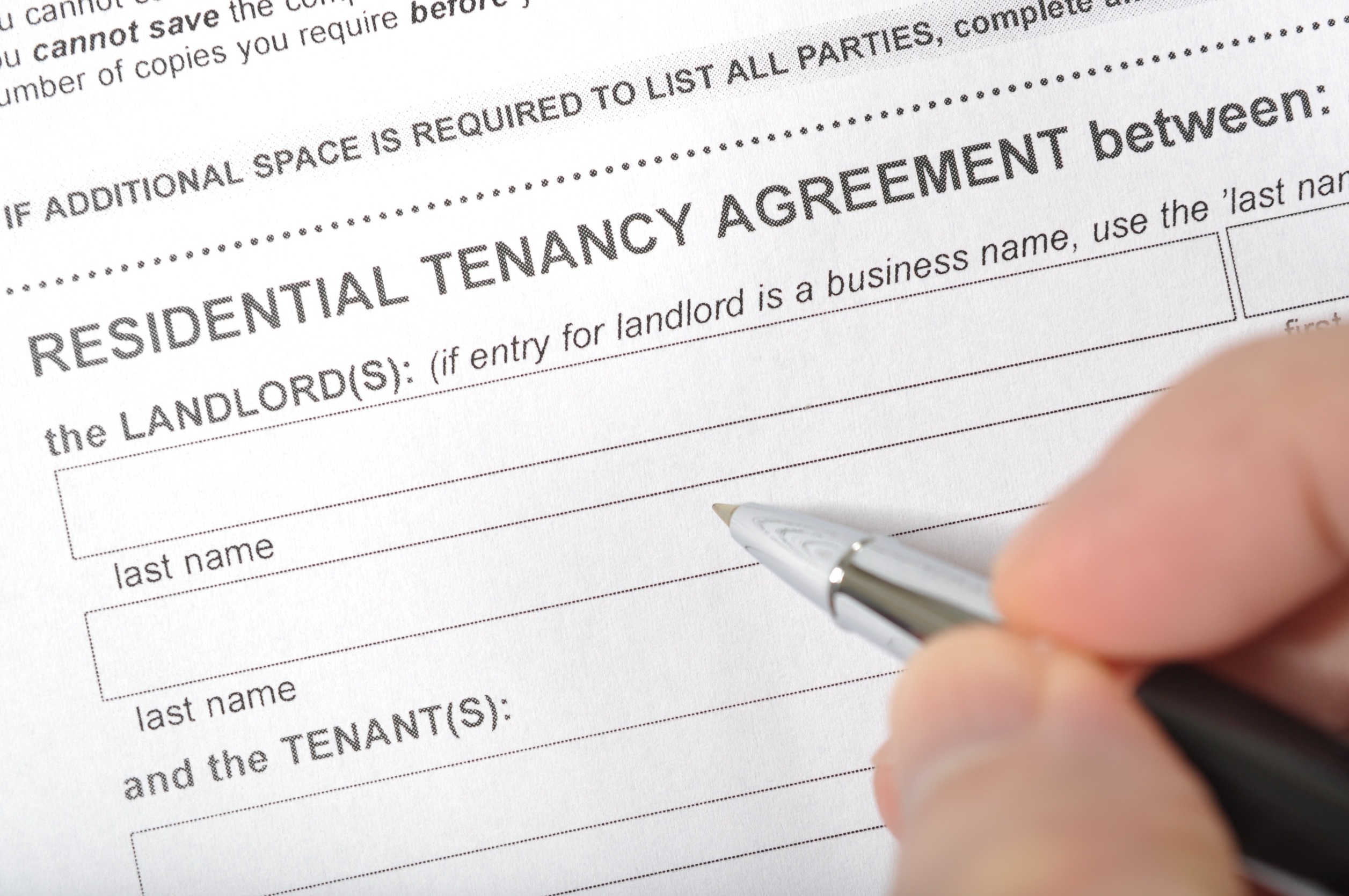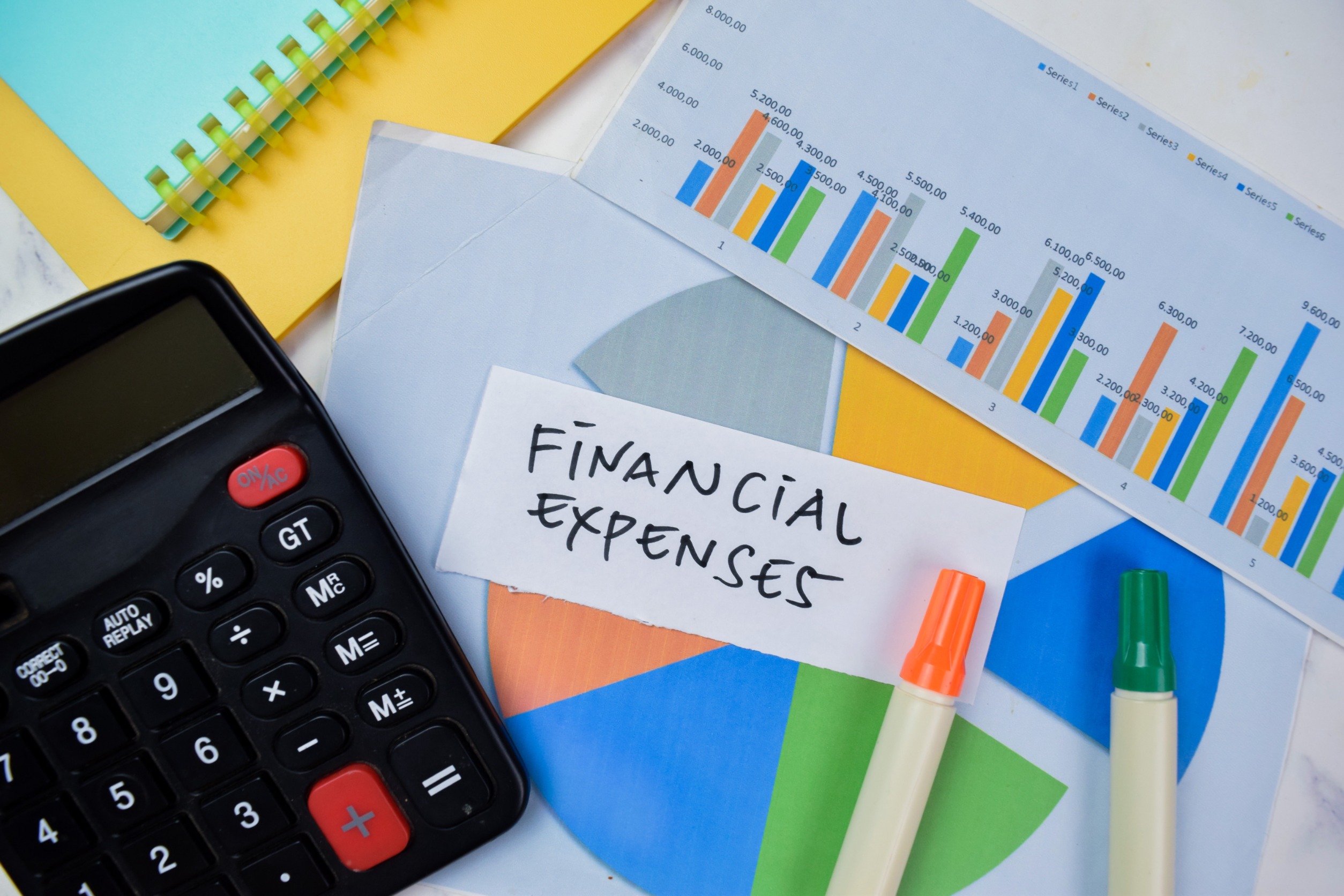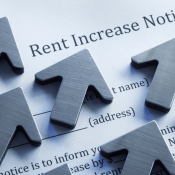renting
- Home
- Posts tagged"renting"
PTL Lettings
11 Dec 25
Handling Tenancies Over the Christmas Holidays: A Landlord’s Guide
The Christmas holidays are a magical time, but for landlords, they can also bring unique
PTL Lettings
26 Jun 25
Dealing with Noise Complaints in Your Rental Property: A Guide for Landlords
Dealing with noise complaints is unfortunately part and parcel of being a landlord. Whether it’s
PTL Lettings
12 Jun 25
Creating a Welcoming Rental Home: Small Touches That Make a Big Difference
When it comes to letting your property in Peterborough, it’s not just location and layout
PTL Lettings
24 Apr 25
How to Handle Lease Extensions and Renewals: A Landlord’s Guide
Whether you’re managing a single property, or you have a larger portfolio, knowing how to
PTL Lettings
17 Apr 25
How to Market a Rental Property in Spring
Should you market a rental property in spring in Peterborough? Yes! The days are longer,
PTL Lettings
03 Apr 25
How Outdoor Space Can Increase Rental Income
If you’re a landlord in Peterborough, you’re probably always looking for ways to increase rental
PTL Lettings
27 Feb 25
A Landlord’s Guide to Changing the Locks on a Rental Property in Peterborough
As a landlord, ensuring the safety and security of your rental property in Peterborough is
PTL Lettings
26 Dec 24
Preparing Your Rental Property for the New Year Market
During the festive season, landlords in Peterborough have the perfect opportunity to prepare their properties
PTL Lettings
24 Oct 24
What is an AST?
An AST, or Assured Shorthold Tenancy, is the most common type of tenancy agreement between
PTL Lettings
10 Oct 24
A Guide To Landlord Allowable Expenses: Maximizing Returns
As a landlord in Peterborough, navigating the world of taxes can be a daunting task.
Recent Posts
All Categories
Tags
2026
advice for landlords
assured tenancy agreement
AST
attract tenants
best tenants
buy-to-let
checklist
christmas tenancies
December
Diamond
festive tips for renters
garden
hybrid working
kerb appeal
landlords
legionaires disease
legionella
Letting
lettings
Luxury
Luxury Living
maintenance
marketing
new year rentals
noise complaints
pest control
preparing a rental property
property inventories
property maintenance
property management
remote working
rental
rental property
rentals
renters' rights act 2026
rent increases
renting
renting to tenants with pets
tenancy agreement
tenancy deposit
tenants
void periods
winter rentals
work from home








